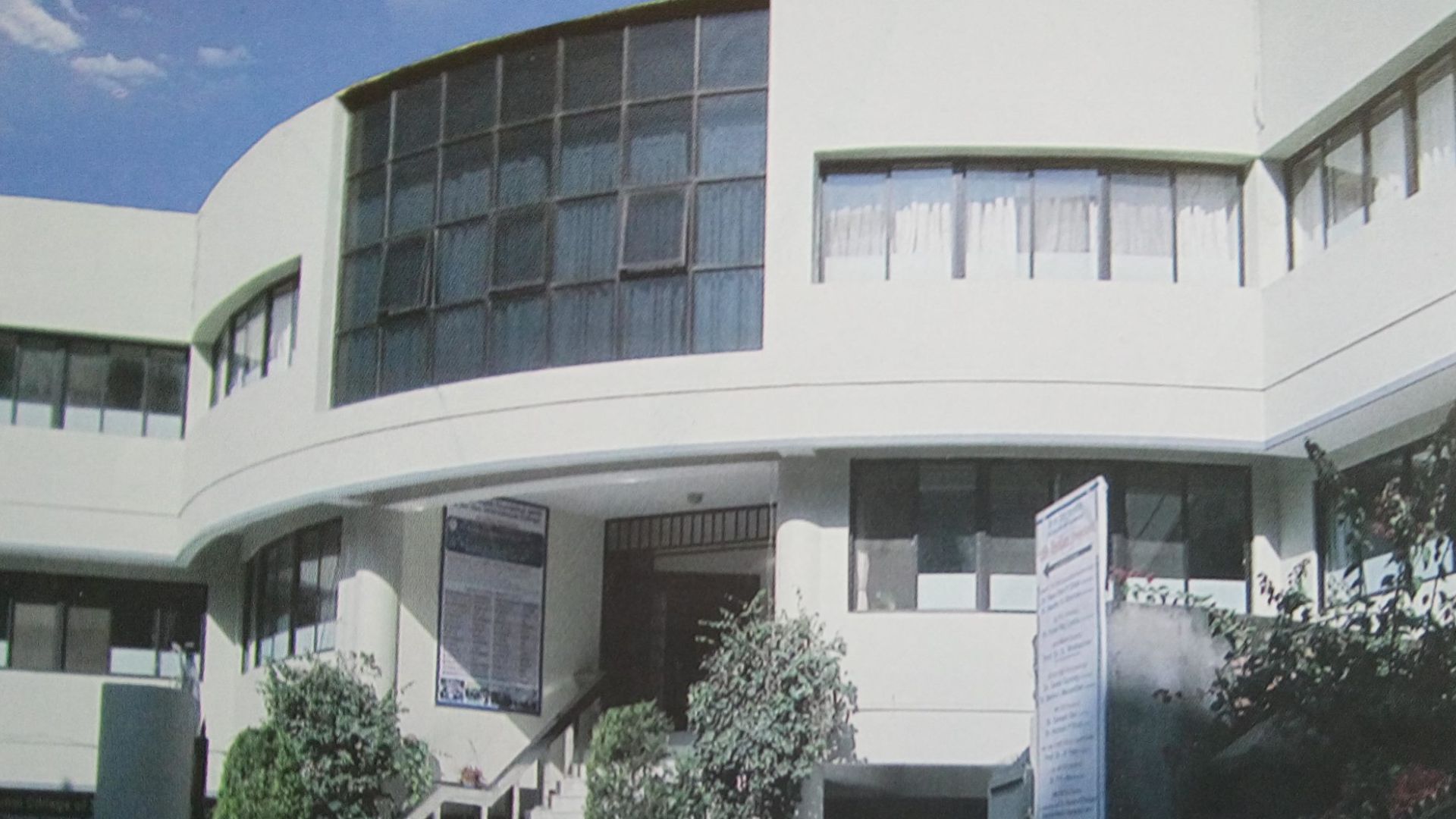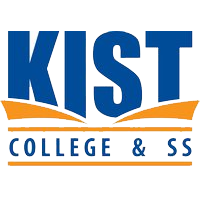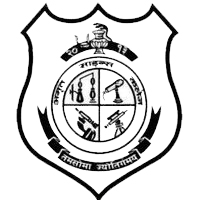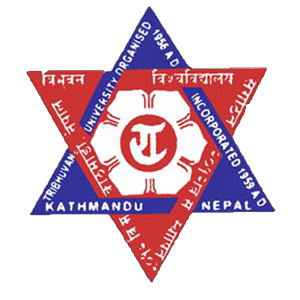Overview
ShiGan International College of Science and Technology (SICOST) is a college in Kathmandu that mainly focuses on microbiology teaching and research. Established in 2010 under the Shi-Gan Health Foundation, it was set up to prepare microbiologists and health science graduates who can work in Nepal’s health sector and related areas.
The college is located at Narayan Gopal Chowk, Maharajganj, along the Chakrapath corridor. Students can reach the campus from many parts of the Kathmandu Valley using regular public and private transport. The area is close to hospitals, diagnostic laboratories, research centres, and other institutions where microbiology is part of daily work, so students can see how what they study in class connects with real practice.
SICOST is affiliated with Tribhuvan University (TU), the oldest and largest university in Nepal. The college runs TU-approved microbiology programmes at both bachelor’s and master’s levels. This allows students to begin their higher education in microbiology and continue up to postgraduate study within the same institution, with a consistent academic environment and similar expectations throughout.

Key Features
Some of the main features of SICOST include:
-
A fee structure planned with attention to affordability for students and families
-
Well-equipped microbiology laboratories for regular practical classes
-
Teaching and learning methods that involve students actively through questions, discussion, and practical work
-
Faculty members with backgrounds in health and medical microbiology, including experienced professionals, teachers, and researchers
-
A JANEF (Japan–Nepal Friendship) prize for the best-performing student in internal examinations
-
Chances to interact with visiting foreign faculty, researchers, and international students
-
Recognition by the Nepal Health Professional Council
Programmes Offered
SICOST runs two main academic programmes in microbiology:
-
Bachelor of Science (B.Sc) in Microbiology – four-year undergraduate degree
-
Master of Science (M.Sc) in Microbiology – two-year postgraduate degree
Both programmes follow the curriculum prescribed by Tribhuvan University’s Institute of Science and Technology (IoST), which oversees science and technology courses across the TU system.
B.Sc in Microbiology
The B.Sc in Microbiology at SICOST is a four-year programme for students who want to understand microscopic life and its role in health, environment, agriculture, and industry. The course starts with basic concepts and then moves step by step into more detailed topics. Students are introduced to bacteria, viruses, fungi, protozoa, and other microorganisms, along with their structure, function, and behaviour.
In line with the TU curriculum, the programme generally covers:
-
General microbiology and microbial physiology
-
Medical microbiology and clinical diagnostics
-
Environmental, food, agricultural, and industrial microbiology
-
Virology, immunology, and microbial genetics
Laboratory work is a central part of this course. Students practise culture techniques, staining, microscopy, biochemical tests, and basic molecular methods on a regular basis. These practical classes help them apply what they learn in theory and gain confidence in handling samples and interpreting results. In the later years, project work and practical assessments guide students to plan small studies, work with data, and present their findings in a clear and organised way.
M.Sc in Microbiology
The M.Sc in Microbiology is a two-year, four-semester programme that builds on knowledge gained at the bachelor’s level. It is suitable for students who want to move further into microbiology, molecular biology, or research.
The Tribhuvan University curriculum for M.Sc Microbiology gives strong space to research-based learning. Students are encouraged to carry out independent research, analyse data, and practise scientific writing. At SICOST, this is supported by its connection with Shi-Gan Health Foundation, where health services and laboratory activities are part of the wider institutional setting.
Within the M.Sc programme, students can choose to focus on areas such as:
-
Medical microbiology
-
Public health microbiology
-
Food and industrial microbiology
-
Agricultural microbiology
The course includes internship or structured practical exposure and a dissertation based on original research. Through these components, students learn to design a study, collect and handle samples carefully, choose appropriate methods, and present their results in a logical way.
Learning Environment and Facilities
SICOST is known for its emphasis on practical learning in microbiology. The laboratories are arranged to support culture work, staining, microscopy, and other key microbiological techniques. This setting helps students practise regularly and prepares them for professional laboratory work after graduation.
The college library provides reference books and journals related to microbiology and related fields. Students who want to go deeper into specific topics or keep track of new developments can use these resources. Educational tours and biological excursions are organised from time to time so that students can see how microbiology links with industry, agriculture, environmental work, and health services outside the classroom.
Along with regular classes and lab work, the college encourages participation in sports and extracurricular activities. These activities help students build confidence, learn to work with others, and maintain balance between academic and personal life.
Connection with Shi-Gan Health Foundation
A major strength of SICOST is its close link with Shi-Gan Health Foundation. The foundation has been active in health services, health science research, and allied health education, including programmes such as the Certificate in Medical Laboratory Technology (CMLT). Because of this connection, students study in an environment where clinical practice, diagnostics, and research are part of everyday institutional work.
This setting helps students see how knowledge learned in class is used in diagnosis, treatment support, and public health. It also opens doors for exposure to real laboratory processes, workshops, and interaction with professionals working in hospitals and laboratories.
Student Support and Accessibility
Situated at Narayan Gopal Chowk in Maharajganj, the college can be reached from many areas of Kathmandu and nearby locations. Different sources mention that the college offers scholarships or financial support to capable students who may need help, which is useful for those who are committed to their studies but have financial constraints.
Academic counselling and guidance on higher studies and careers are also part of the college environment. Students can discuss their plans, ask about study options, and explore possible career paths in microbiology both in Nepal and abroad.
Why Study Microbiology at SICOST?
For students who want to build their future in microbiology and related health sciences, SICOST provides:
-
A clear focus on microbiology at both bachelor’s and master’s levels
-
Affiliation with Tribhuvan University, with degrees that are recognised within the national university system
-
A learning setting shaped by Shi-Gan Health Foundation’s experience in health services and laboratory work
-
Practical facilities, including microbiology labs, a library, and opportunities for educational tours and excursions
-
A location close to hospitals, laboratories, and research centres in Kathmandu
Taken together, these elements create a setting where students can link theory, practical skills, and real-world exposure as they prepare for work or further study in microbiology.
Contact Shi-Gan International College of Science and Technology's administrative office for detailed information on the course, admissions, location, fees, scholarships, facilities, counseling, or eligibility.
Contact Details
Shi-Gan International College of Science and Technology
Email Address: tropmedresearch@gmail.com
Phone Number: +977-1-4374692, +977-1-4374690, 9841050810
Location: Narayan Gopal Chowk, Maharajganj, Chakrapath Kathmandu (just behind Police Office)


-9075.jpg)














